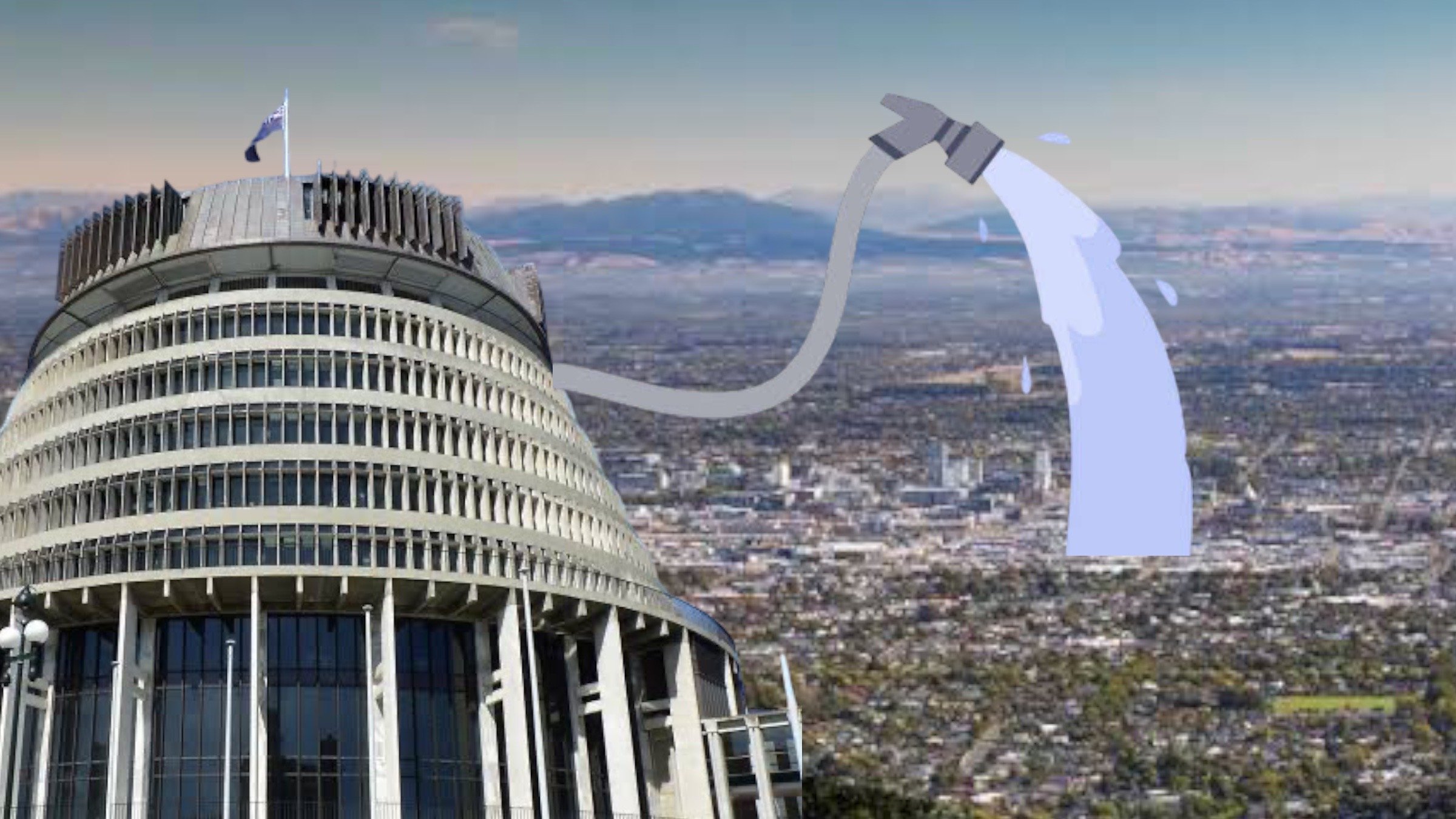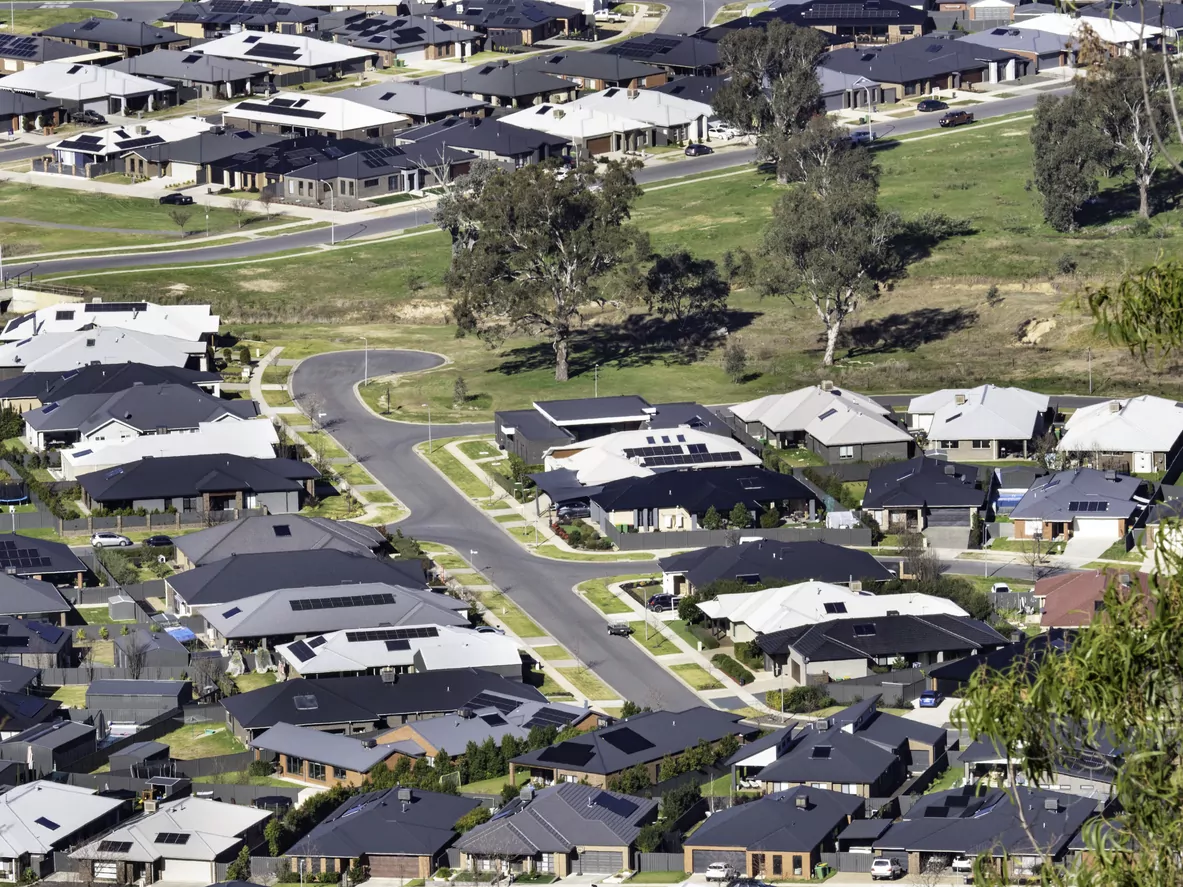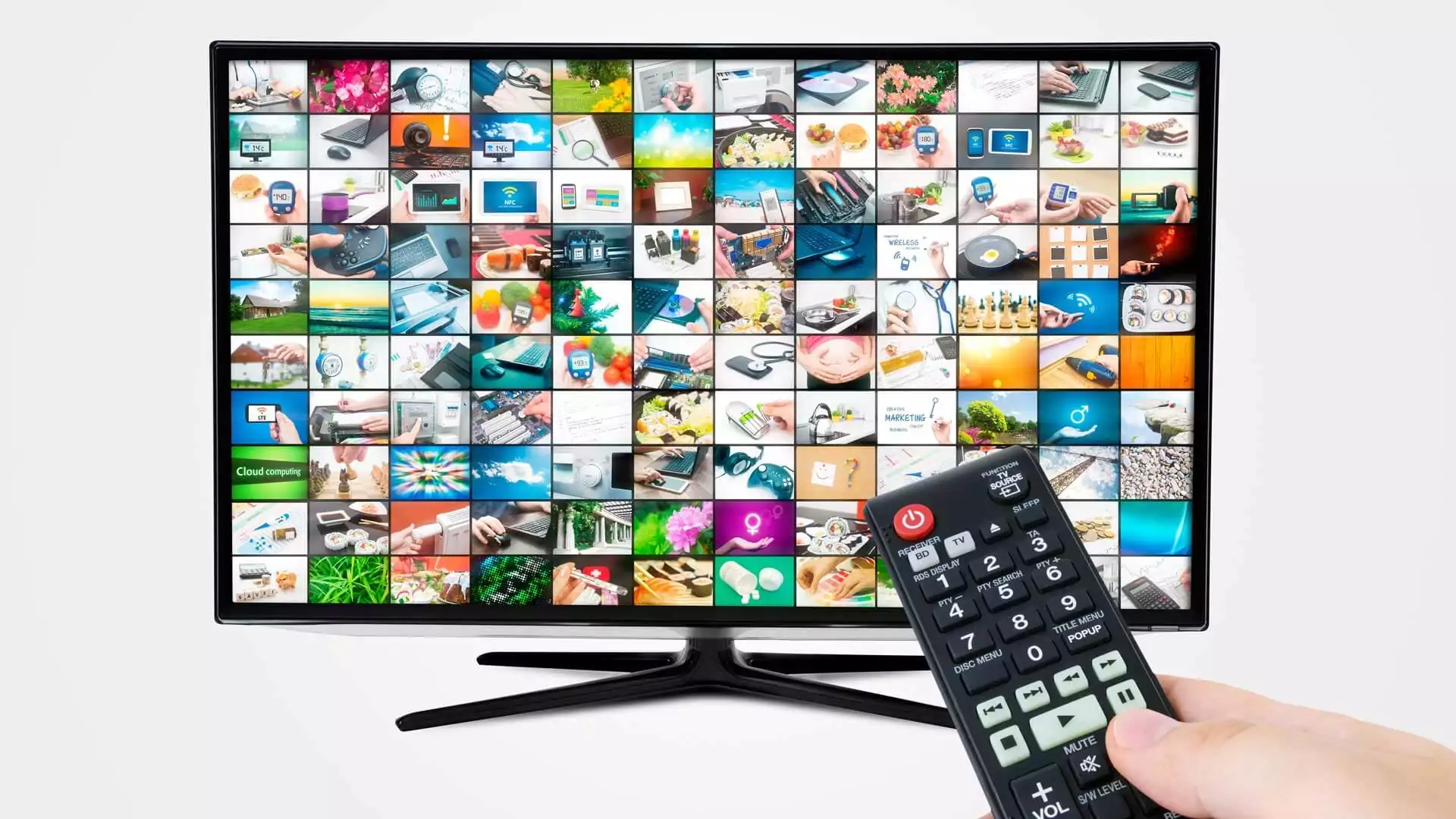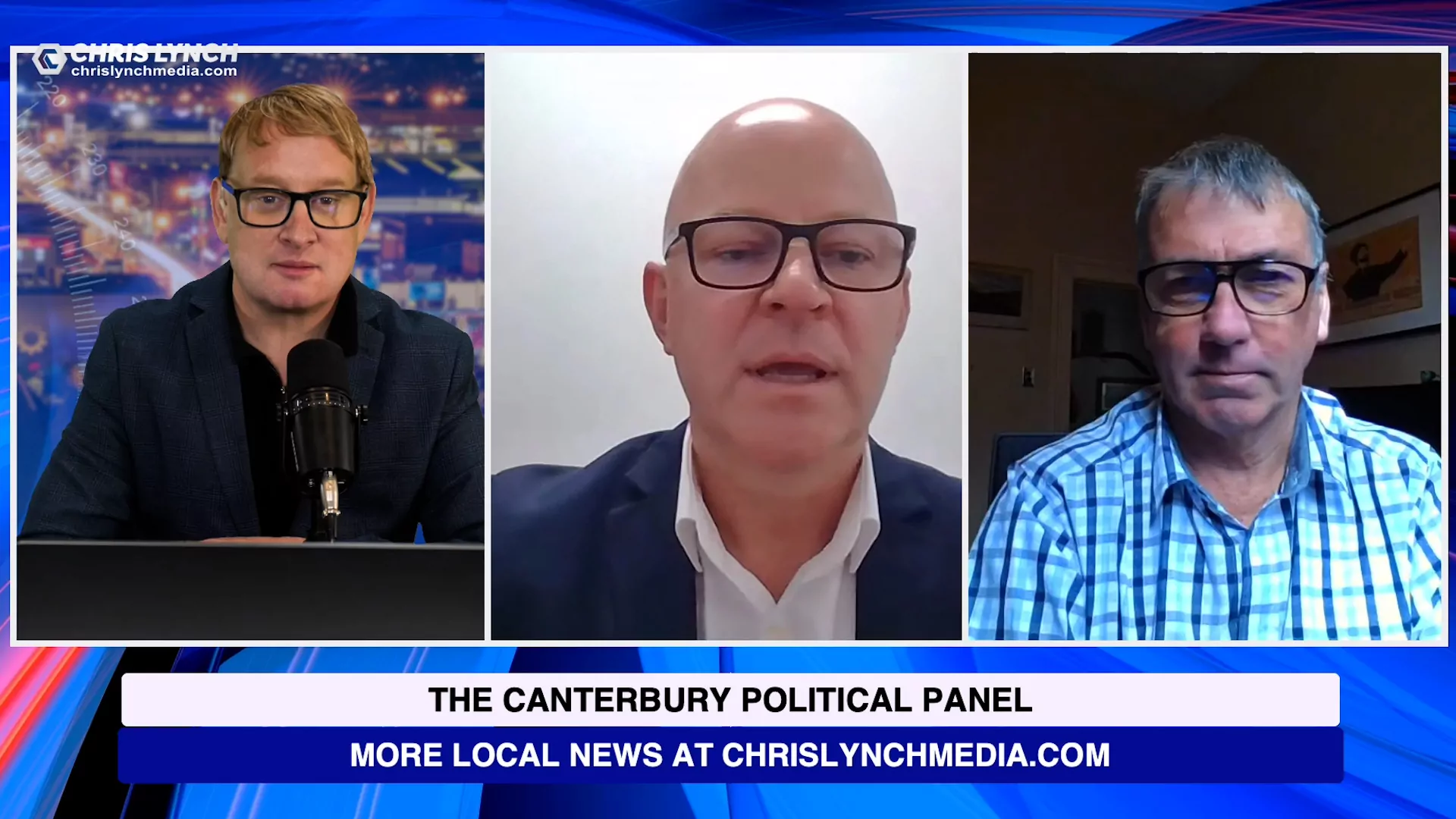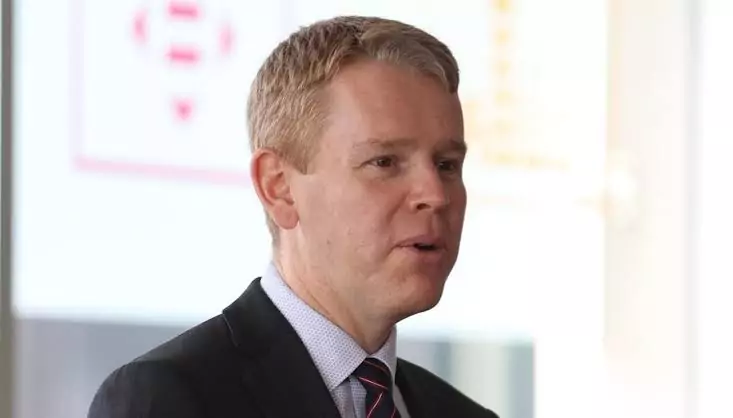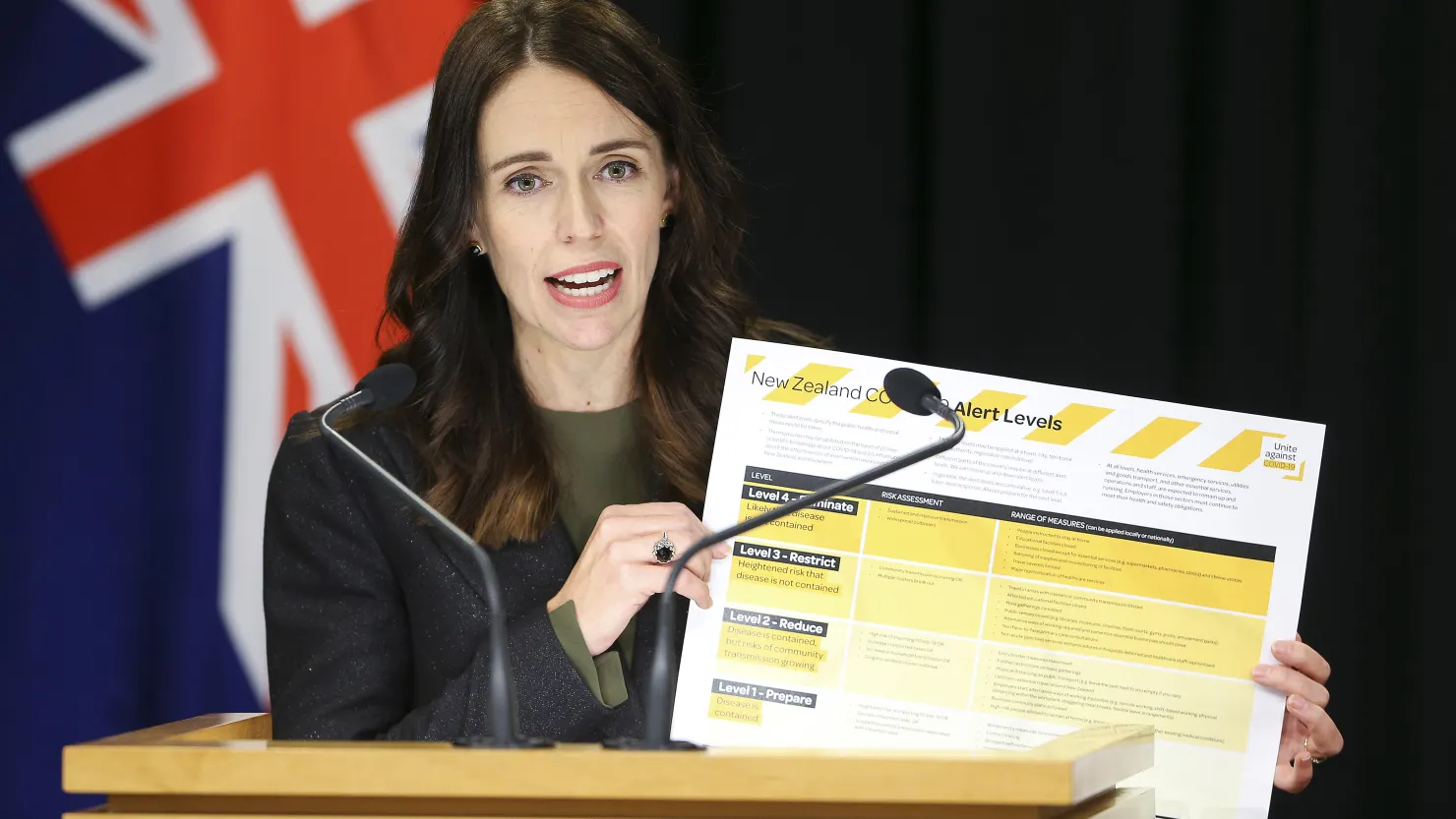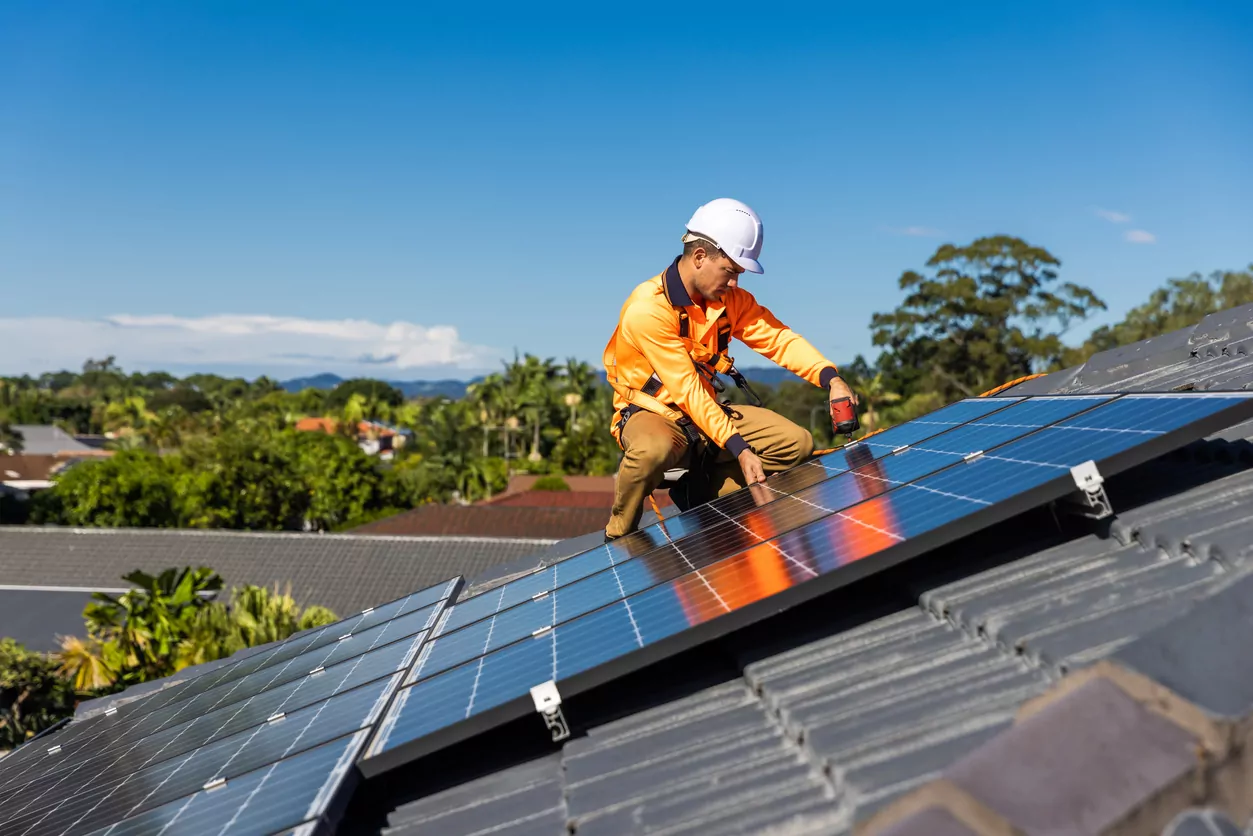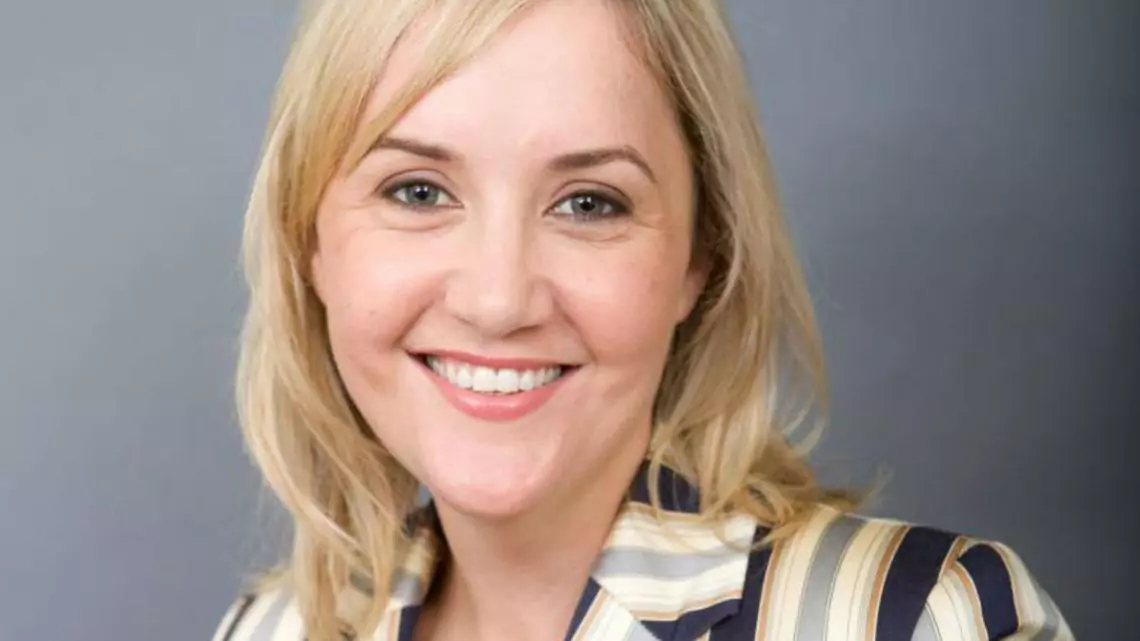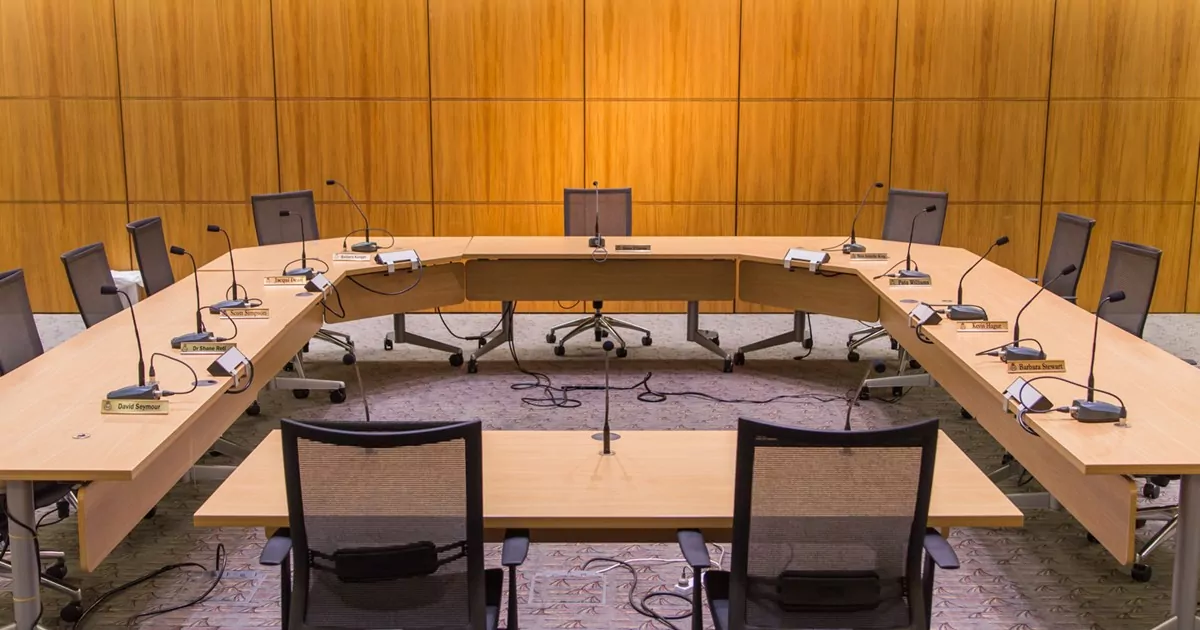The government’s water regulator shocked the Christchurch mayor and Councillors this week when it announced that it had declined council’s request for an exemption of chlorine in the city’s water supply.
So why did Taumata Arowai not listen to the majority of Christchurch residents?
Chris Lynch Media asked the agency for a response, but a “communications” spokeswoman said no one could comment since the decision was “just a draft.”
She gave the impression that the council could still twist the agency’s mind, offering false hope to the people of Christchurch – who deserve better.
Christchurch City Acting Head of Three Waters Brent Smith was far more forthcoming and when asked why the council couldn’t convince the agency to allow Christchurch to be a special case.
He said the first application related to the Brook-lands-Kainga water supply zone.
The Council applied for an exemption from the requirement to add chlorine to drinking water in the area.
“We chose this water zone as we thought it had the best chance of getting an exemption due to the quality of infrastructure and groundwater.”
However, the reason why the draft application was declined was that the supply could not be operated without chlorination in a way that was consistent with the main purpose of the Water Services Act.
Taumata Arowai said:
-
Water supply has no primary treatment barrier, e.g. UV treatment, and therefore doesn’t have a multi-barrier approach.
-
Council’s risk management plans weren’t specific enough to the Brooklands-Kainga water supply and needed more site and system specific detail.
-
Lack of evidence of source water risks and investigations of poor source water quality.
-
Unacceptable level of water loss within network to safely operate without chlorination.
-
Backflow measures are inadequate for a chlorination free supply.
-
Need to provide a more detailed explanation about historical contamination of the supply.
-
Failure to meet other legislative requirements.
The second exemption application related to how chlorine was delivered in areas that were already chlorinated.
“The Council’s chlorination method doesn’t meet some of the Drinking Water Quality Assurance Rules – for example, the contact time requirement, which relates to how long chlorine is in the water before it makes its way into Christchurch’s network of pipes and would require treated water reservoirs at all pump stations.
The reason why the draft application was declined was that the supply cannot currently be operated without chlorination in a way that is consistent with the main purpose of the Water Services Act.
Taumata Arowai said:
-
Exemption can’t be granted while parts of Christchurch are non-compliant with the Act, and Rules.
-
Some of Council’s sources are from shallow groundwater which lack treatment barriers.
-
Council’s water risk management plan didn’t identify risks at an individual bore level.
-
Incomplete actions taken where bacterial contamination was detected.
-
Upgrades to Chlorination treatment infrastructure and some bore heads are still yet to occur.
-
More detail required on giving effect to Te Mana o Te Wai which means Te Mana o te Wai which requires council to give effect to two sets of values.
According to the Environment Ministry website there set of values, “are Māori values, being Mana whakahaere, which is generally around the way that iwi and hapū wish to govern the use of land, the use of water.”
Despite comments made by the communications spokeswoman at Taumata Arowai suggesting there was still time for council to appeal the decision, Brent Smith said “the nature of the feedback in the draft decisions, and initial conversations with Taumata Arowai indicate that it is unlikely that the recommendation to decline the exemption will change.
However, they have provided the draft to us, as an opportunity to provide our comments and to correct any factual errors which we are currently working through.”
The Act currently requires chlorination to provide residual disinfection.
A proportion of Christchurch’s network wasn’t chlorinated pending the exemption decision, and as indications are that the exemption will be declined, chlorination will need to occur.
“We now have more clarity on how the new regulations are interpreted and applied and know that if we want to successfully gain exemptions for any of our water supply zones the level of detail and evidence we’ll need to provide, and the bar that needs to be met, is high.”
Phil Mauger’s letter to Taumata Arowai CEO Allan Prangnell
Christchurch City Council staff recently received draft decisions on exemptions requested by the Council from your staff.
Councillors were briefed on those draft decisions and discussions with your staff
today. Councillors believe the draft responses and discussions, in particular around the
Christchurch city supply, represent significant changes to previous discussions and indications about the potential for exemption from chlorination by Taumata Arowai staff.
Councilors have asked that Iwrite to you to request that you attend the next meeting of the Council on 21 June 2023 to publicly discuss Taumata Arowai ‘s position with regard to the
exemptions.
I’d appreciate an urgent response to this request so that we can signal your attendance at Council in our next publicmeeting agenda.
Nga mihi
Phil Mauger
Mayor of Christchurch
